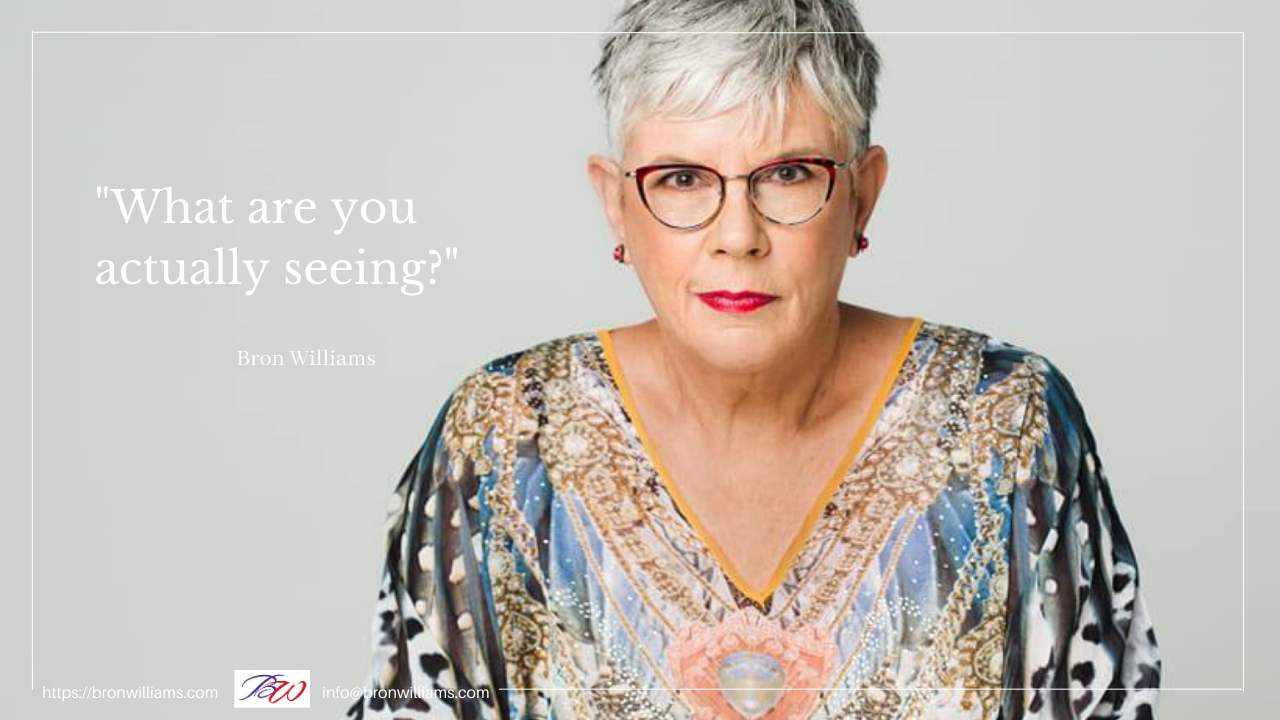What blinkers are you wearing?

In my mentoring work with women, one of the most significant parts of our collaboration is examining why we form the relationships as we do and make the decisions we do. In the past few years, I have been incorporating my studies on unconscious bias into a women's mentoring program.
Women face many biases in the workplace, at home, and in society in general. Yet, it is crucial to acknowledge that women, too, harbour biases. Unconscious bias is not gendered, but simply part of being human. As women tap into, rediscover, and reconnect with their power, it is paramount that their own biases don't serve as hurdles they can't leap over or barriers confining them within preconceived norms and expectations.
Our biases and preconceptions often stem from societal, cultural, familial, or friendship influences, and it is easy to unknowingly adopt these mindsets as our own. Seemingly innocuous biases can have far-reaching effects. Here's a personal example: my new partner, whom I met
online, is the same height as me, maybe I'm slightly taller. Historically, all the significant men in my life have been taller than me – father, brother, sons.
My unconscious bias toward height could have cost me the most fulfilling relationship of my life. It was a minor prejudice around how tall my partner ‘should’ be, but it could have prevented something extraordinary.
Unconscious bias sets rules, both around minor things like ideal partner height, as well as more significant things we're taught as children, like who to trust and what's a good job. While many biases and preconceived ideas were designed to keep us safe, several just end up getting in our way,
limiting our ability to explore new options or see beyond the immediate. Our biases often blinker us, making sure that we only see what’s right in front of us and blocking out other equally valid but as-yet-unexplored possibilities.
In my mentoring, I guide women on a journey of exploration into their underlying biases and motivations. We delve into the elements that may be
driving their lives, decision-making, and relationships. This inner work and self-reflection allow us to discern if these biases serve us, or if they can
be replaced with new narratives and paradigms that better align with our individual paths.
It is crucial for us to understand our biases, confront them, and, when necessary, let go. Only then can we fully tap into our power, unencumbered by our own unconscious biases.